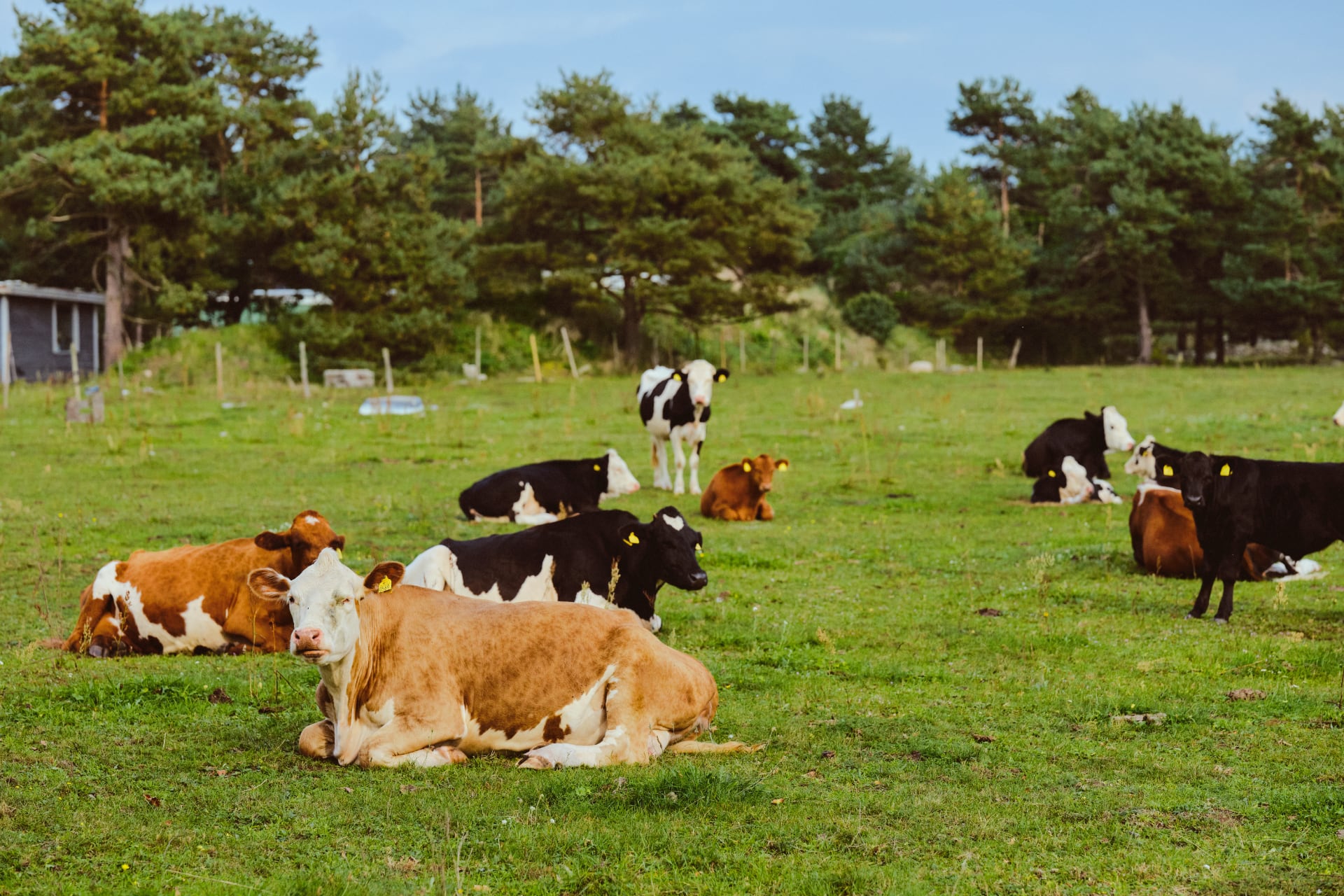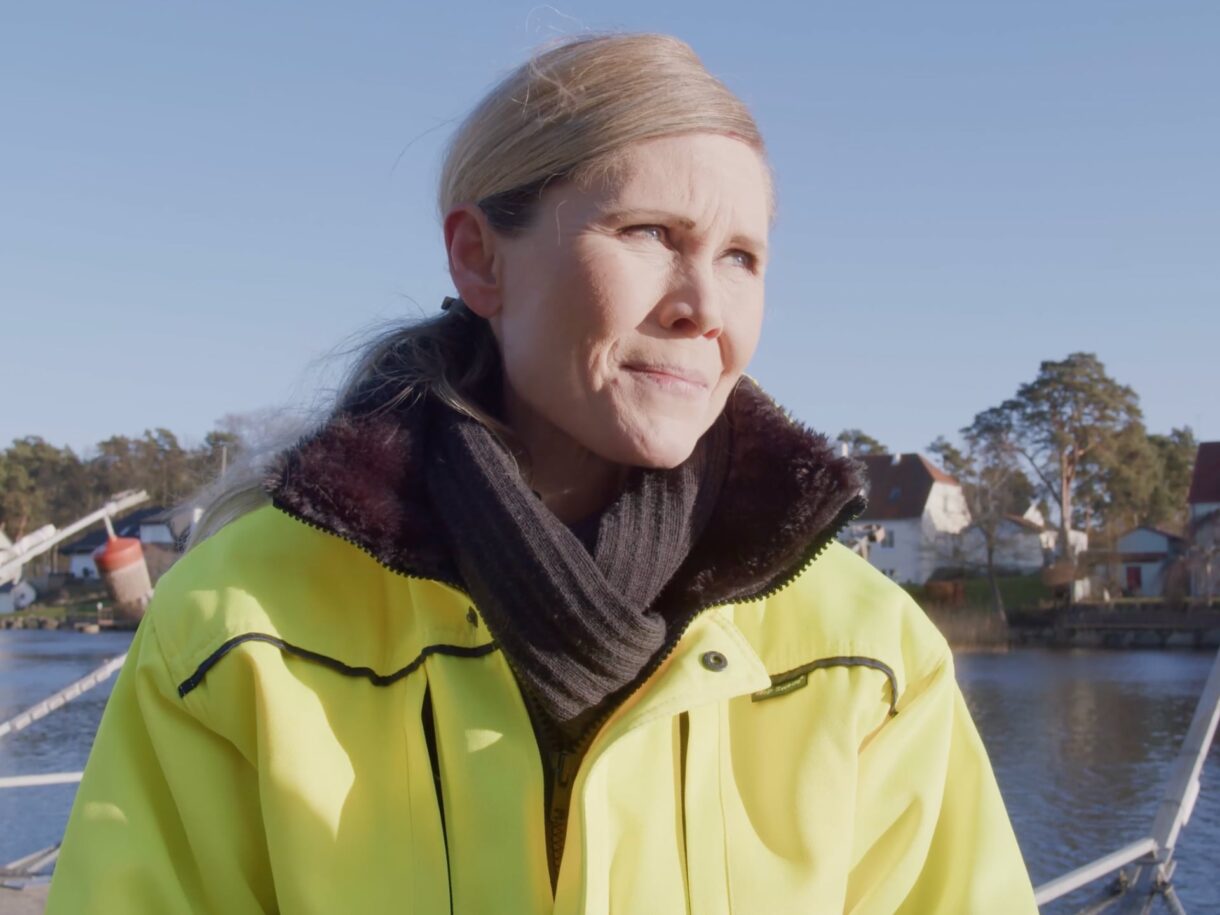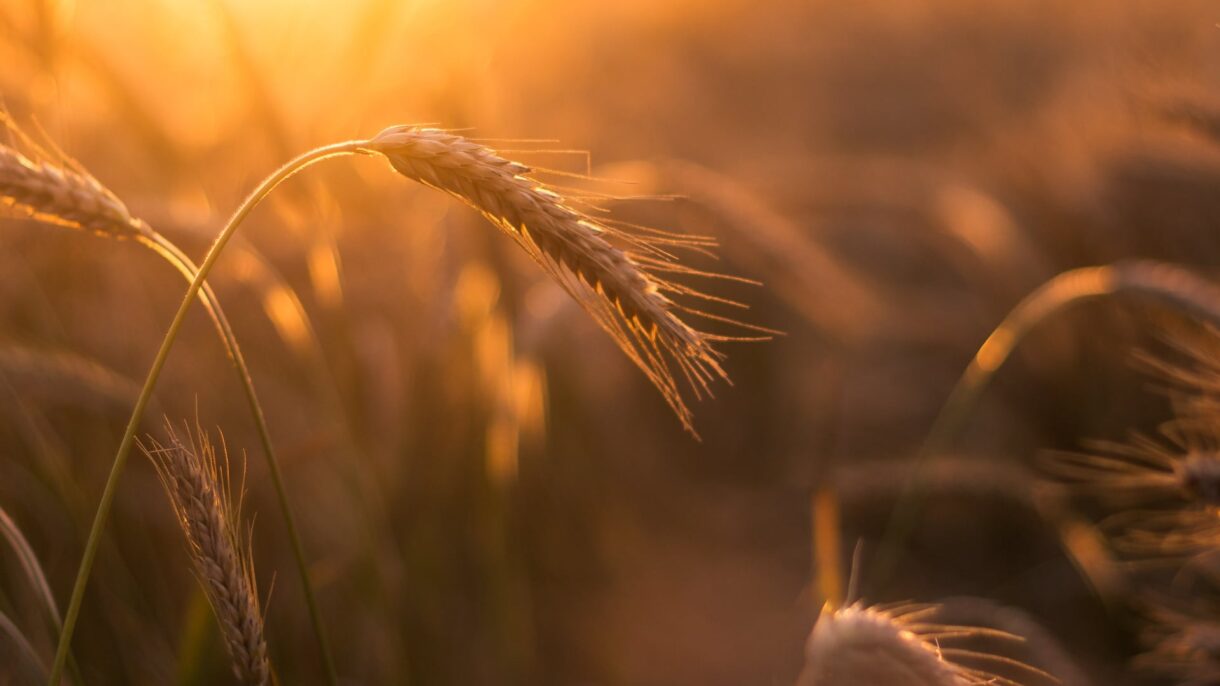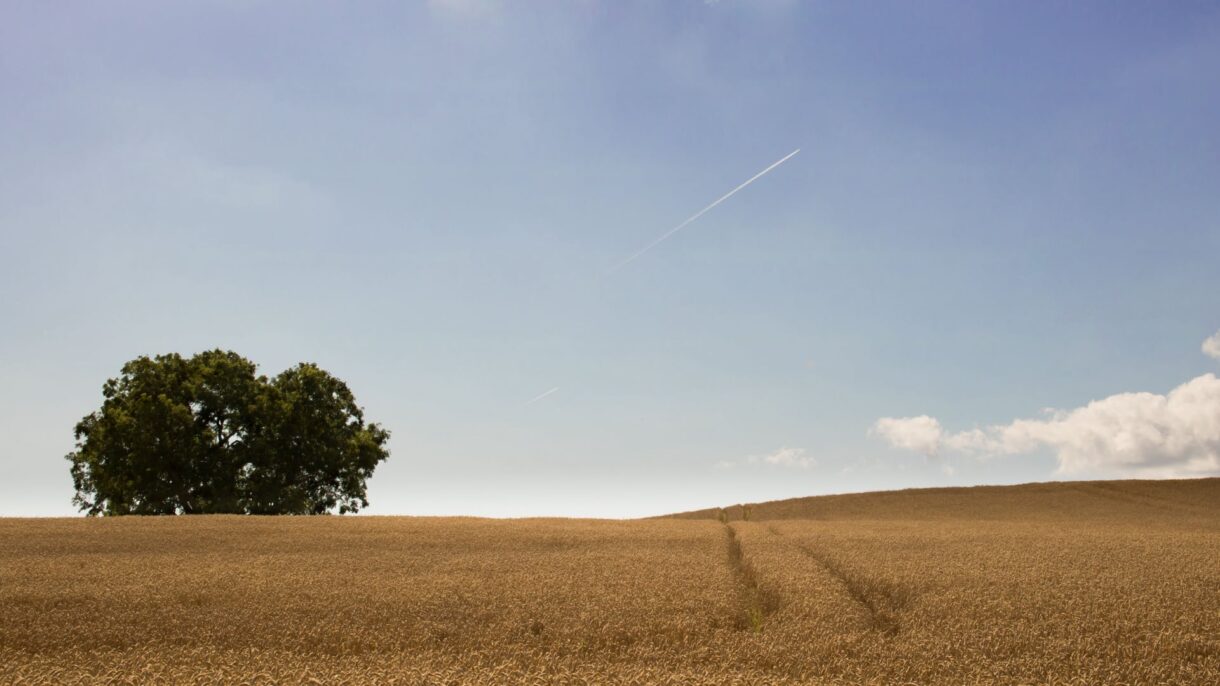
Absolut Vodka’s no-waste policy reduces emissions and keeps the cows happy
The second most popular product from Absolut’s distillery has little to do with vodka. Approximately a quarter of a million pigs and cows are fed daily from something called stillage, a byproduct of the vodka production.

Since the 1960s, not only vodka drinkers have enjoyed the products coming out of the Absolut distillery. Around 250,000 pigs and cows in southern Sweden enjoy the vodka production’s main by-product, called stillage, on a daily basis. The stillage consists of leftovers after the raw spirit distillation process, but despite being a by-product it is highly valued by farmers and their livestock because of its high protein content.
An important reason why this arrangement has been able to continue for so long is that the stillage acts as a very good alternative to, for example, soybeans. That means farmers can avoid both the cost and the climate impact of importing other protein-rich feed for their livestock. In other words, purchasing stillage at a favourable price from Absolut has both economic and environmental advantages.
“In many other distilleries, stillage is considered waste. But for us and the farmers in our region, it has always been a very important product. In fact, in my eyes, the distillery is a local feed factory with a great by-product called Absolut Vodka”, says Karin Skoog with a smile. She oversees the sales and logistics of the stillage in her role as Manager Planning Production Distillery at Absolut. “After all, we produce over three times more stillage than vodka.”
A fairly common question is why the stillage is not used for human consumption or something else rather than for meat production. Karin’s response to that question is that Absolut’s stillage is, and always has been, an important piece of the puzzle for the local animal farmers. Both economically and environmentally. Removing that piece would deal a serious blow to the farmers.
“Animals are an important pillar of regenerative agriculture, which we promote in the Absolut Wheat Sustainability Programme. They provide organic fertilisers and contribute to soil health, carbon sequestration and biodiversity.”, she explains. “It is all about seeing the bigger picture. We cannot talk about regenerative agriculture one minute, and then actively take away one of the things that make it work the next.”
In my eyes, the distillery is a local feed factory with a great by-product called Absolut Vodka.
HVO trucks for transport
Using stillage to feed livestock has been done for a long time in the area, and dates back to a time when farmers distilled their own spirits at home. The difference now is of course the scale and distribution. Due to Absolut’s large production volumes and output of stillage, between 8,000 and 8,500 tonnes are transported each week to approximately 250 farmers who expect protein-rich feed for their pigs and cows. This involves roughly 35 truckloads each day. To reduce the climate impact of that traffic, Absolut has partnered with a local firm and installed an on-site HVO (renewable diesel) gas station for the trucks.
There are, however, ways to limit transportation. Drying the stillage would be one. Taking away all the water (which accounts for approximately 90 per cent of the weight) would mean less transportation. But when you dig a bit deeper, you realise that this alternative comes with major downsides. Drying the stillage is a very energy-intensive activity with high emissions, actually one of the main reasons for the high emissions of the distillery in FY22. Yet another reason not to deliver dry stillage is because of what it would mean for the farms’ water supplies. “Animals need water and by feeding them our stillage farmers can save their own water supplies, which are already in short supply.”


